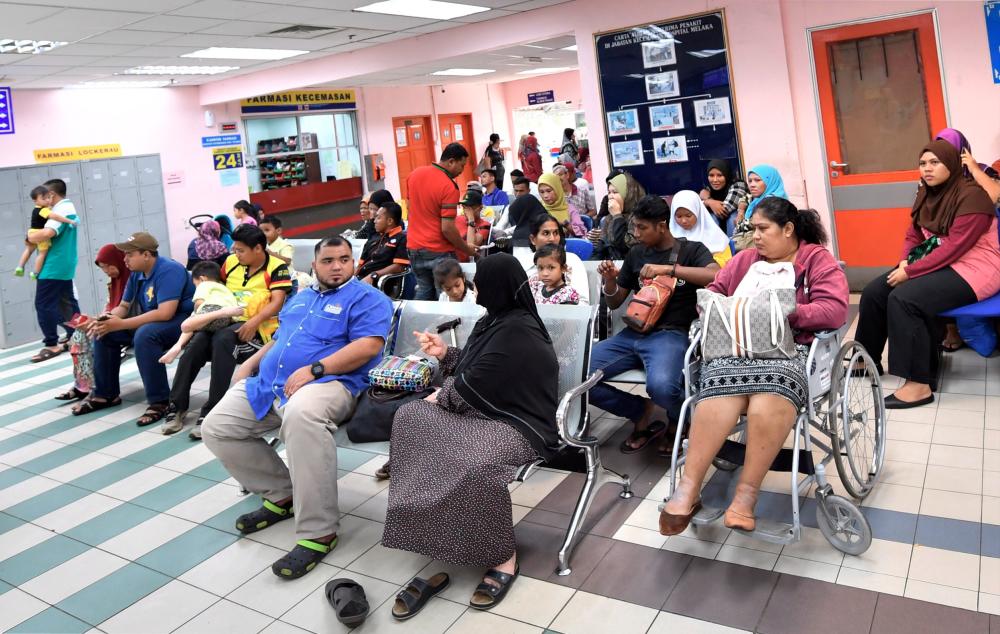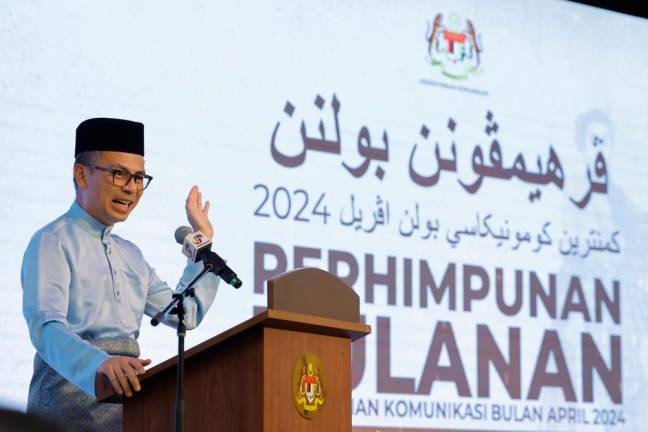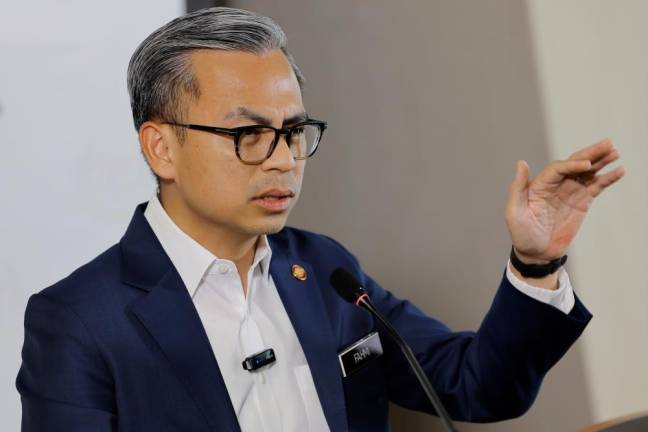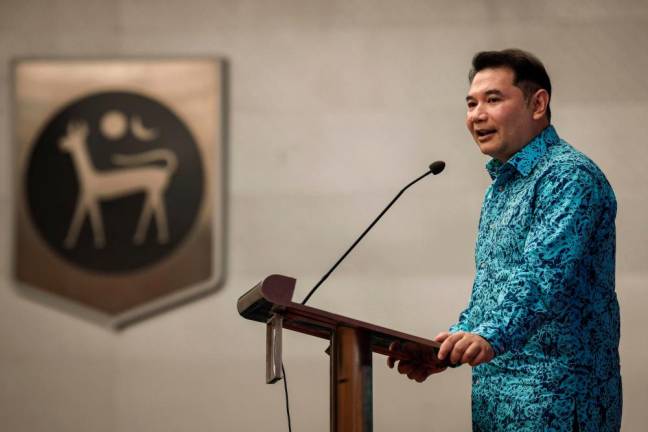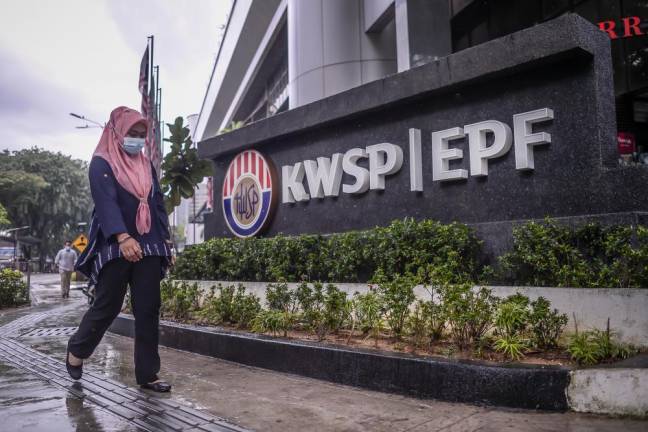PETALING JAYA: Removing the RM1 outpatient fee and RM5 charge for specialist treatment at government health facilities may have adverse consequences for the country’s lower income groups, said a public health expert.
Commenting on suggestions for Budget 2023 by independent public policy research and advocacy organisation, Galen Centre for Health and Social Policy, public health expert and Gleneagles Medini Hospital CEO Dr Kamal Amzan said reducing the subsidy for diabetic treatments and introducing co-payments of up to 30% of actual cost will only increase the gap in accessibility to public healthcare services for the lower income group.
In making the suggestions, Galen Centre CEO Azrul Mohd Khalib said the charges “sustain the misrepresentation that healthcare in Malaysia is somehow cheaper in government facilities”.
“They are also inadequate for meaningful cost recovery and misleads the public regarding the true cost of healthcare. We believe that these charges act as a barrier, and should be removed to facilitate future reforms in healthcare financing,” Azrul said.
While agreeing that healthcare financing needed to be reformed, Kamal said: “We must always remember that we still have underserved Malaysians who cannot pay high medical bills.
“So, if we remove the subsidised fees, patients may not go to clinics and hospitals to receive timely treatment for their ailments, and this will be counterproductive to providing affordable healthcare to all.”
However, Kamal agreed that investing in more experts and specialists will be a good move to manage future viruses and bacteria that mutate from current variants.
“If we fail to manage food supply, for instance, the human race will have to look at other things to consume just to survive, and this can cause another viral epidemic or even a pandemic. With more experts, we can prevent this from happening,” he said.
Universiti Malaya head of Social and Preventive Medicine Dr Victor Hoe agreed with the suggestion to remove the subsidised fees.
He said replacing the fees with a co-payment system to treat chronic diseases is just one of the measures that can be taken to address current healthcare delivery issues.
“Removing the fees will not solve the bigger healthcare financing issues in Malaysia. However, the Health Ministry is working on a White Paper, which is a more systematic way to tackle the health issues facing Malaysians.
“One of the main issues the ministry should consider is how to balance the provision of quality care that does not burden the people while ensuring that it can sustain its healthcare financing costs. Budget 2023 should focus on prevention rather than curative healthcare,” he said.
Hoe also agreed with other suggestions by Galen Centre, such as investing in training more experts and specialists like epidemiologists, public health and infectious disease experts, and increasing the diagnostic laboratory capacity of the Disease Control Division to prevent, detect and manage future epidemics.
“Such investments should not only focus on capacity building for the Health Ministry but also for public health experts in all sectors and organisations. There are many ways we can encourage investments from the public and private sectors, such as providing direct investment opportunities or tax incentives,” he added.
Hoe suggested the government allocate a budget for more research activities that focus on identifying the risk factors of communicable and non-communicable diseases and also fund research to identify innovative measures that address and prevent such health issues.



